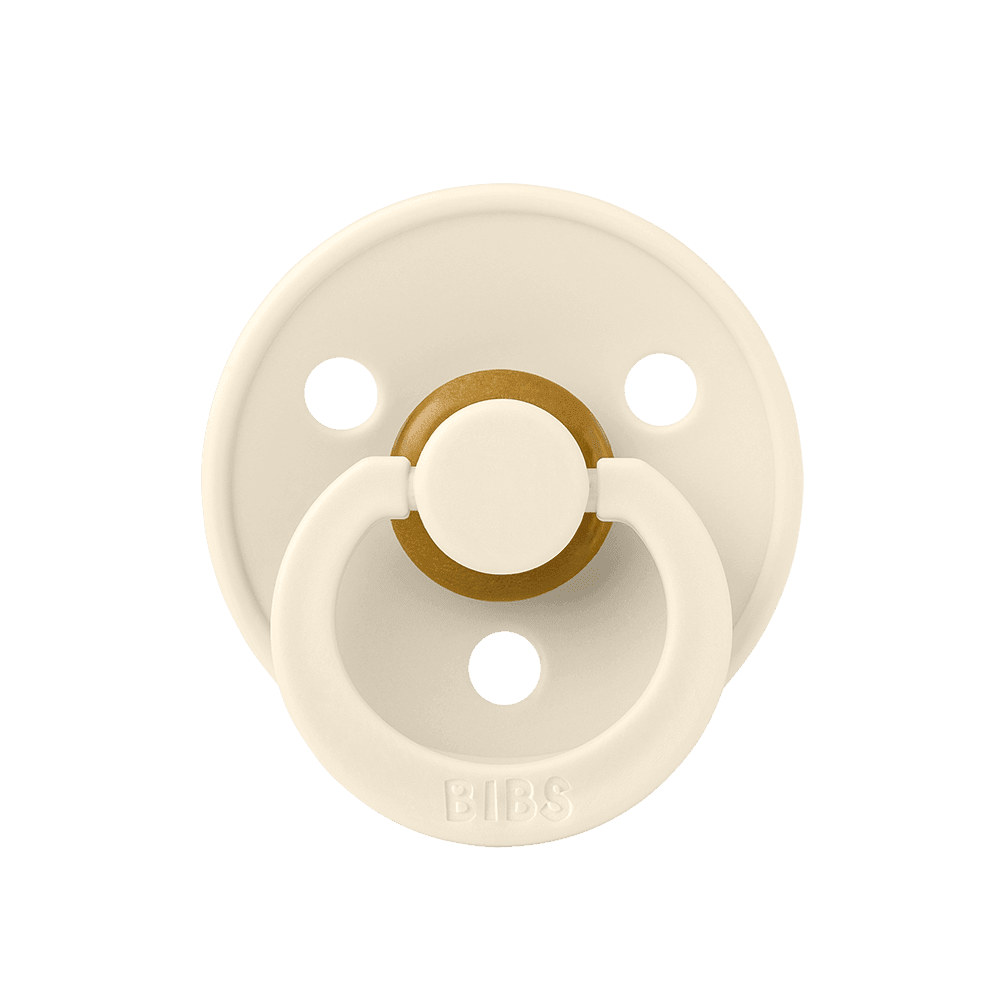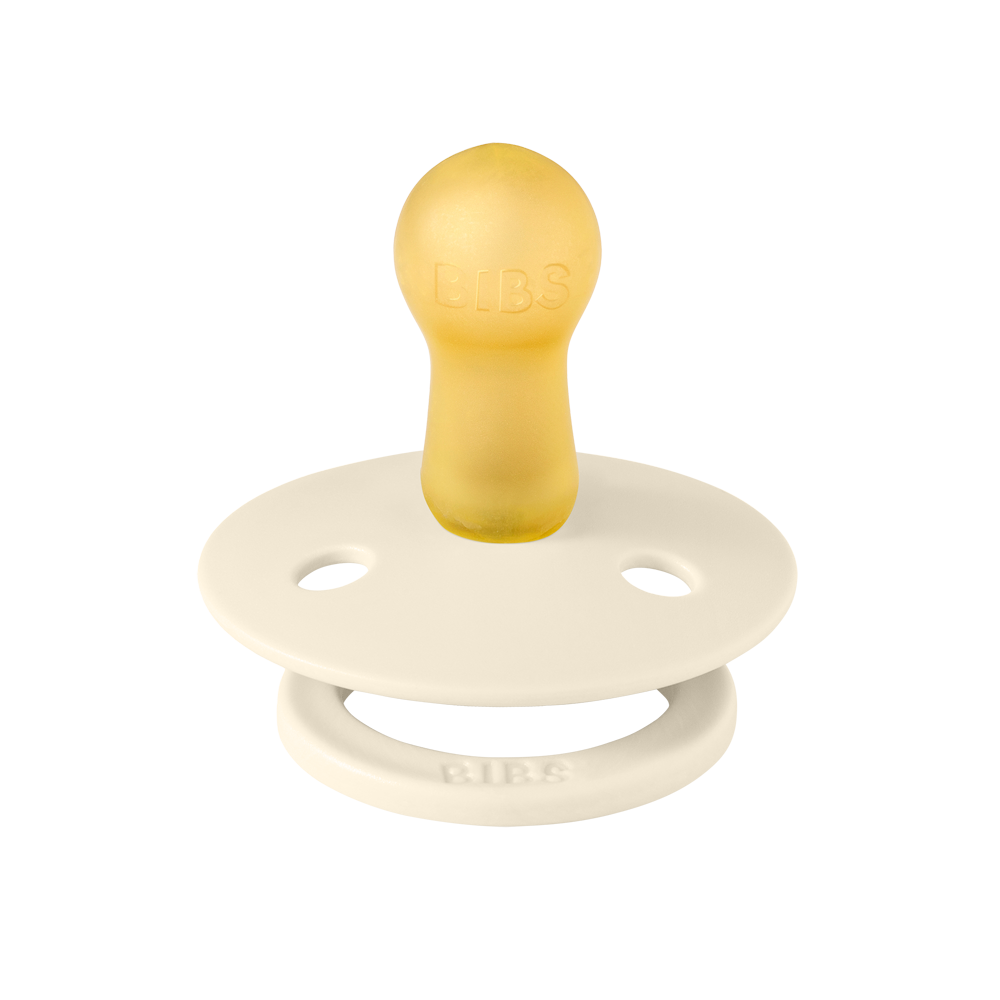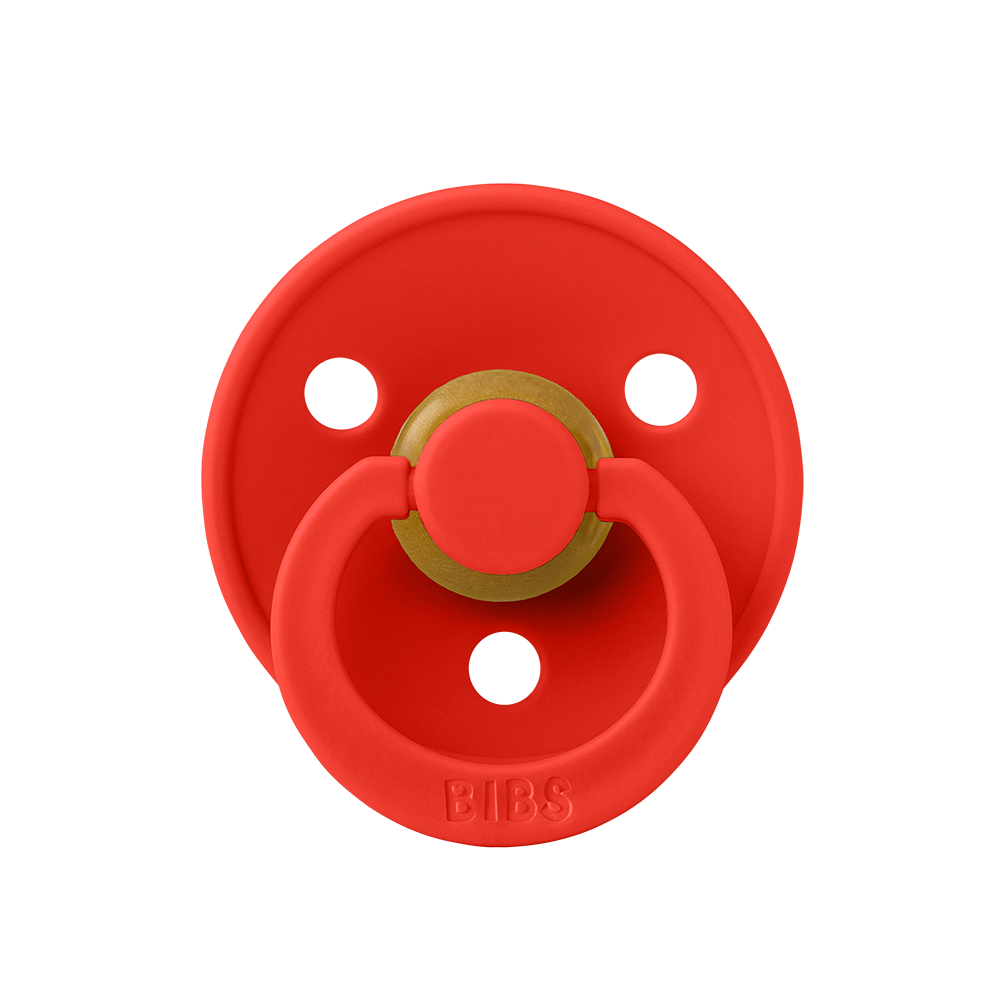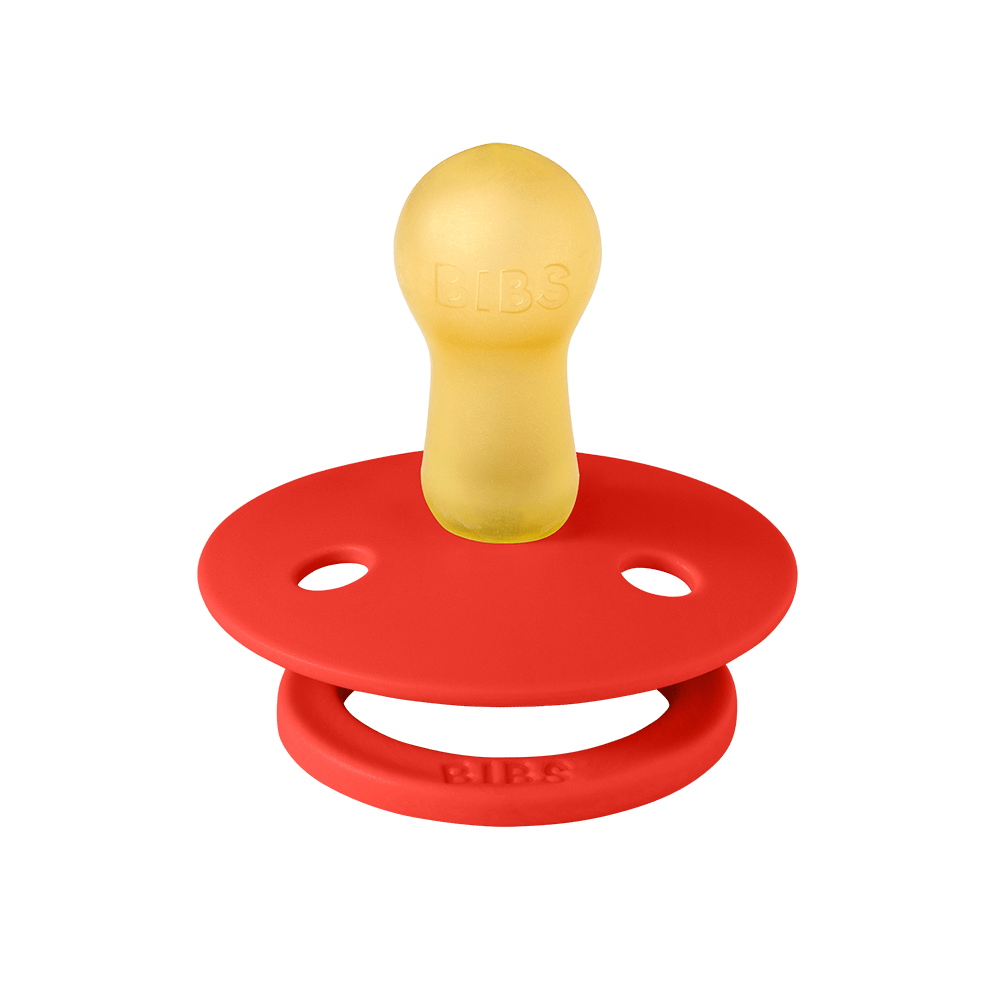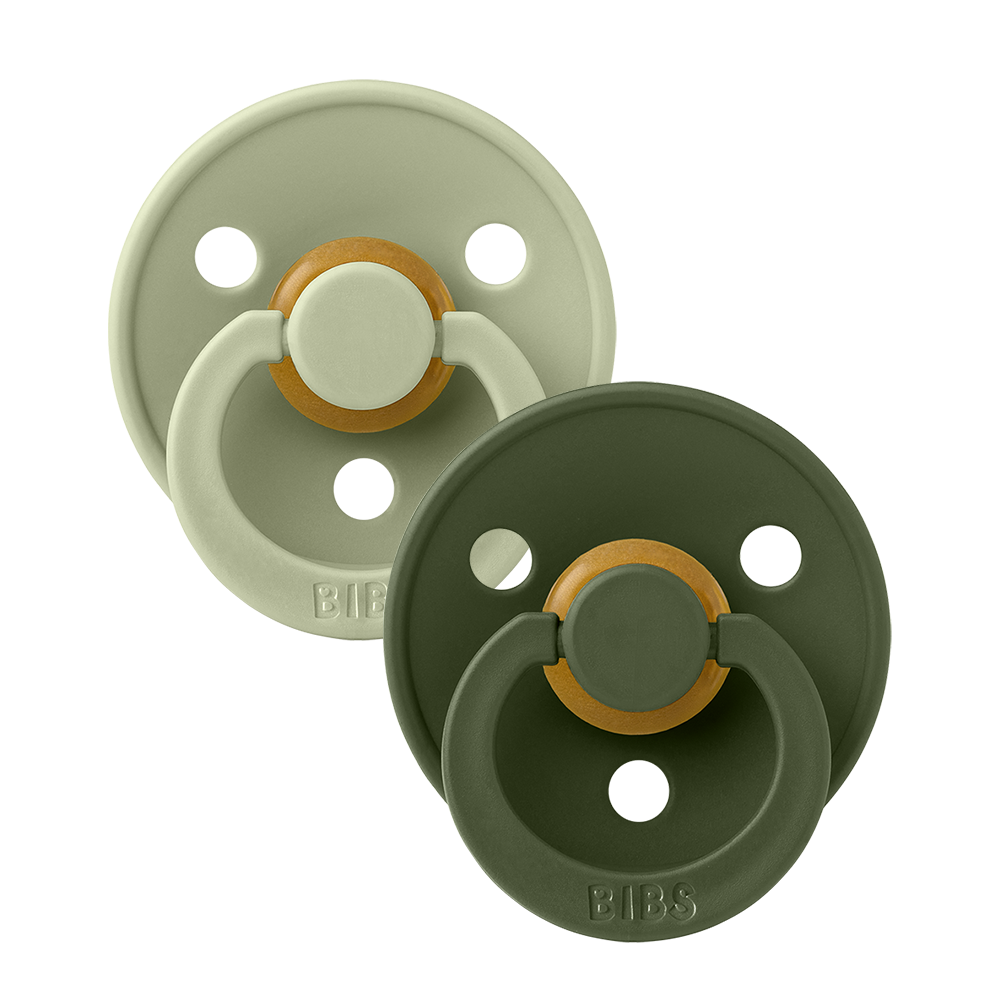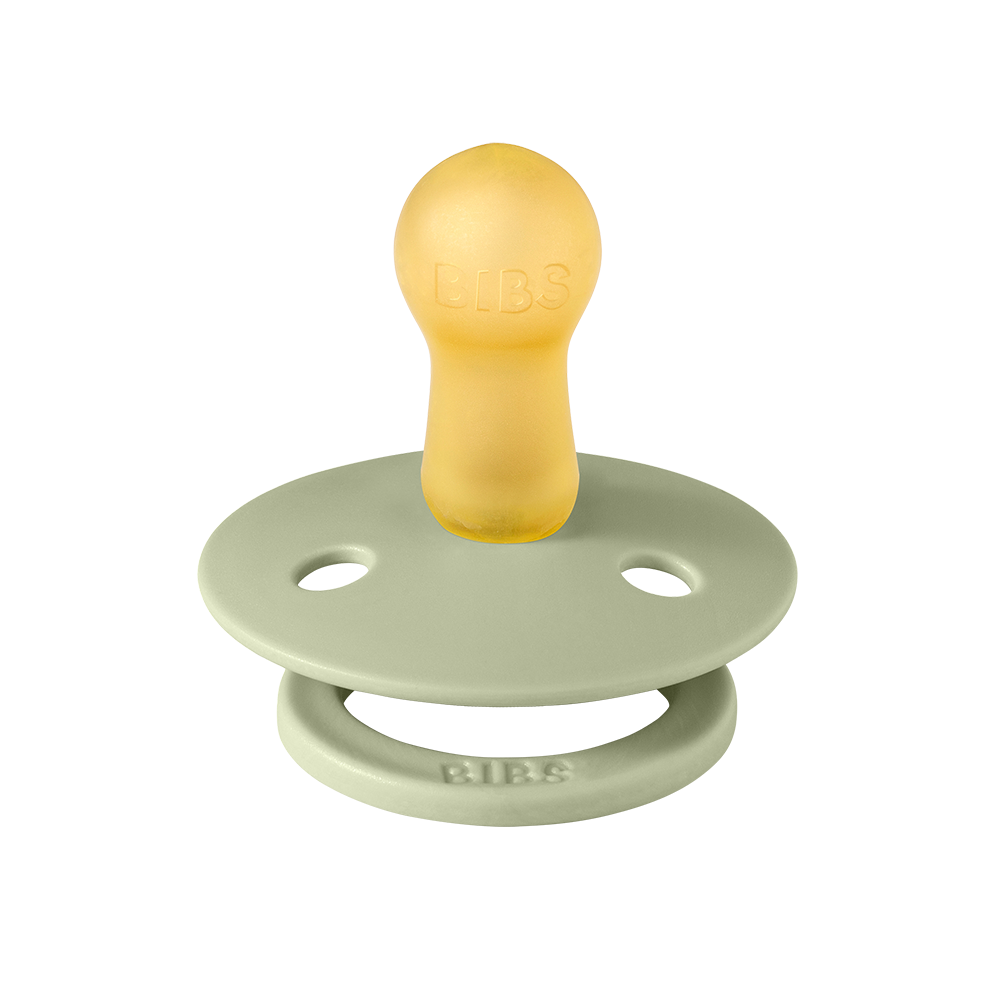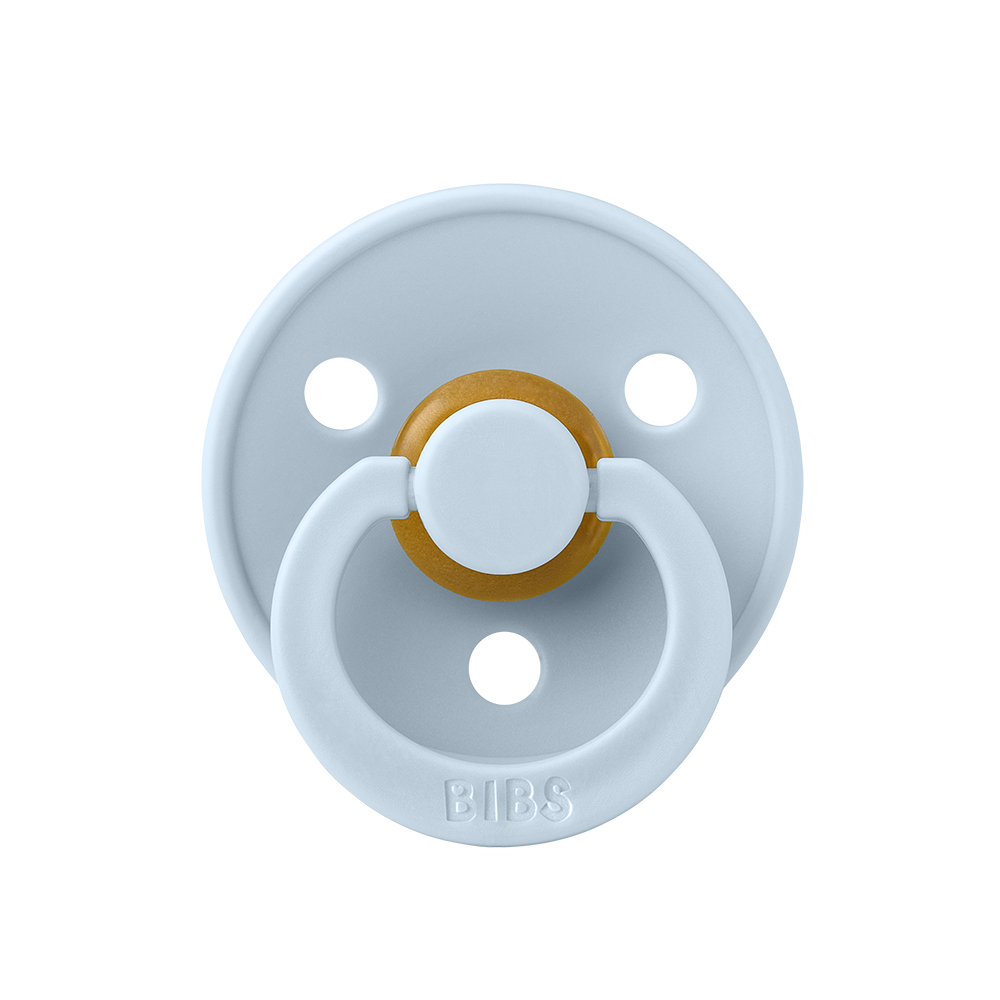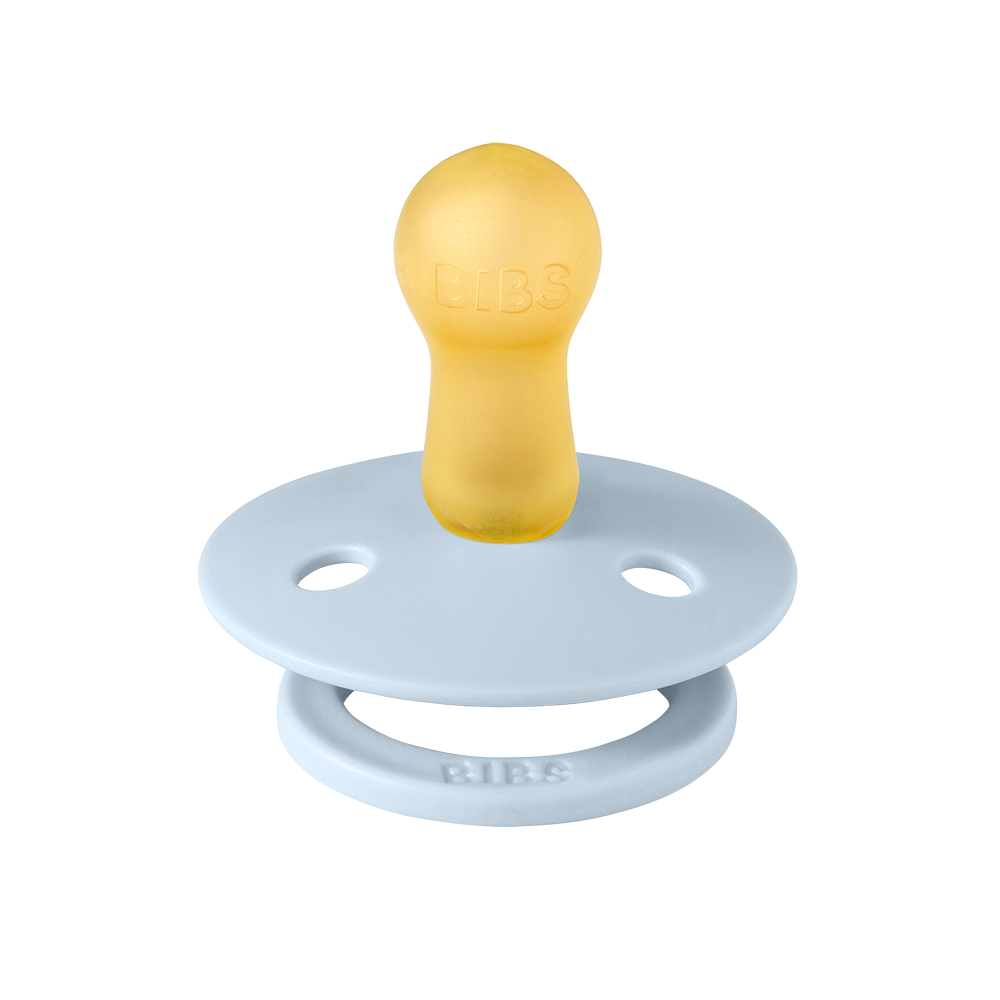
Curious about how big your baby is getting each month? Follow along as we explore the stages of fetal development, comparing each month's progress to familiar fruits. Visualizing your growing baby not only helps you connect with their development but can also prepare you for what's to come!

First Trimester (Months 1-3):
Month 1: Your baby, just a tiny cluster of cells, is about the size of a poppy seed. Organs are beginning to form, including the heart and spinal cord.
Month 2: By the end of this month, your baby is roughly the size of a blueberry. Facial features are starting to develop, and tiny limbs are beginning to take shape.
Month 3: Your baby is now about the size of a plum. Organs continue to mature, and fingers and toes are beginning to form. Your baby's heartbeat can be heard, and they are starting to make small movements.

Second Trimester (Months 4-6):
Month 4: Your baby is growing to the size of a lemon. They are becoming more active, and their facial features are becoming more defined. Hair is beginning to grow, and their sex organs are developing.
Month 5: At this point, your baby is about the size of a mango. They are able to suck their thumb and might even respond to sounds. Facial expressions are starting to emerge, and their bones are beginning to harden.
Month 6: Your baby is now growing to the size of an eggplant. Their lungs are developing rapidly, and they may begin to practice breathing movements. Eyelids are opening, and they can start to blink.

Third Trimester (Months 7-9):
Month 7: Your baby is approximately the size of a pineapple. They are gaining fat and becoming more rounded. Brain development is accelerating, and they can recognize your voice.
Month 8: Your baby is now growing to the size of a cantaloupe. They continue to gain weight, and their movements may feel more pronounced. Organs are nearly fully developed, and they may start to descend into the pelvis in preparation for birth.
Month 9: As you are nearing the end of your pregnancy, your baby is growing to be about the size of a small watermelon. They are fully developed and ready for birth.












